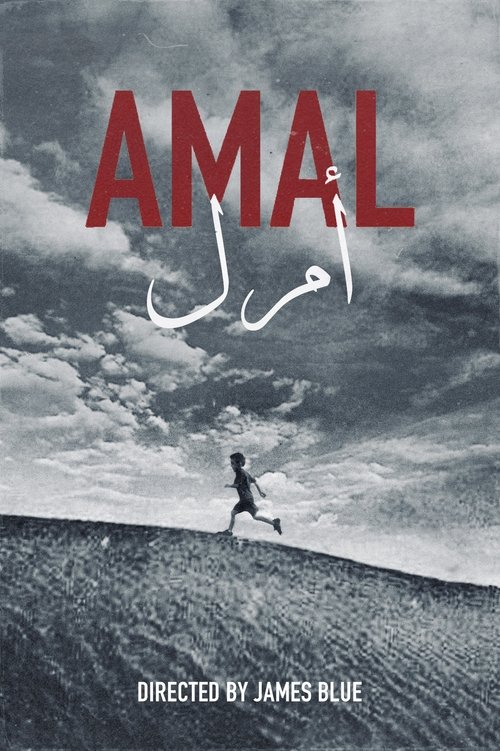Let Them All Go (2019)
February 22, 2019 marks the start of a historic movement in Algeria, initially against the candidacy of President Bouteflika for a fifth term, then for the departure of all former dignitaries of the regime and the establishment of a Second Republic. Algerian-Canadian filmmaker Sara Nacer returns to Algeria to capture this “Hirak” (movement in Arabic) through her camera. Through her journey, she invites us to discover the young generation who are leading the "Smile Revolution" and building Algeria 2.0, with a strong political, cultural and social awareness.
Directors
Release Date
Jan 01, 2019
Runtime
00h 50m
Actors
N/D
Genre
Available in streaming on
For now, we have not found any platform that offers this movie in streaming...
February 22, 2019 marks the start of a historic movement in Algeria, initially against the candidacy of President Bouteflika for a fifth term, then for the departure of all former dignitaries of the regime and the establishment of a Second Republic. Algerian-Canadian filmmaker Sara Nacer returns to Algeria to capture this “Hirak” (movement in Arabic) through her camera. Through her journey, she invites us to discover the young generation who are leading the "Smile Revolution" and building Algeria 2.0, with a strong political, cultural and social awareness.
Movies like Let Them All Go
10.0
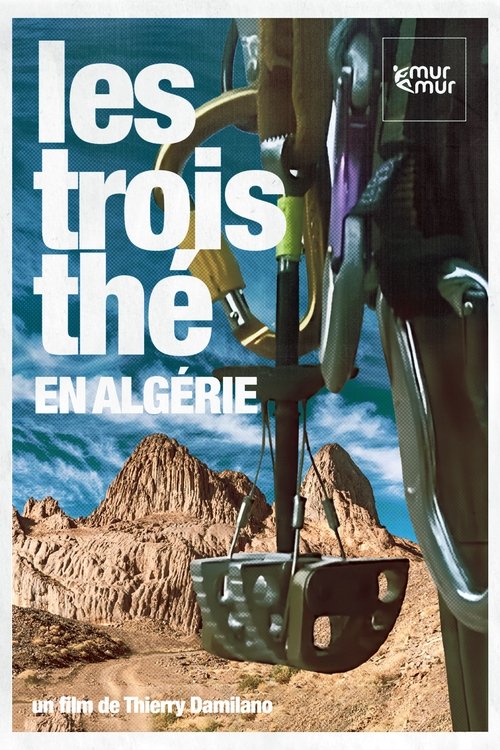
9.0

9.0
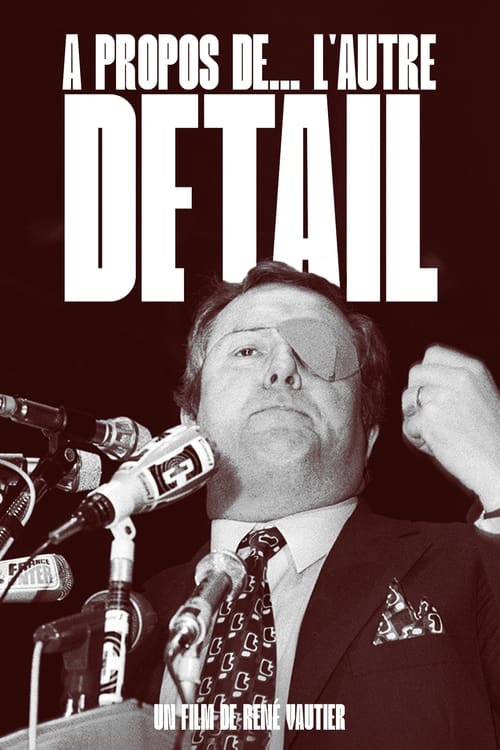
9.0
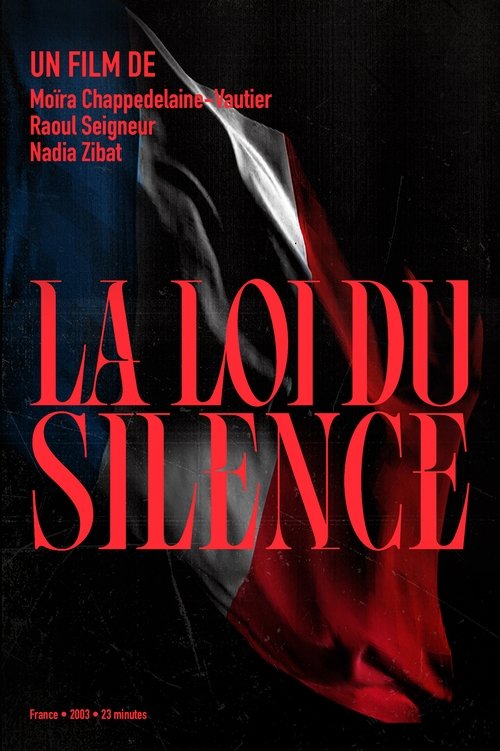
10.0

6.8

6.8

10.0

10.0

10.0

10.0
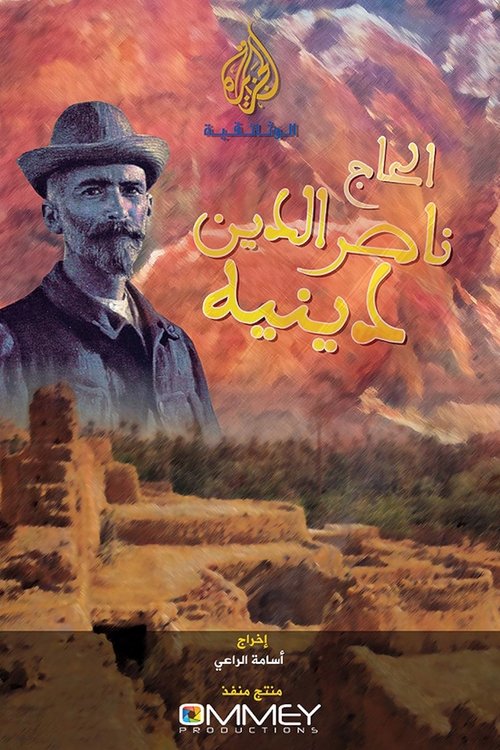
10.0

Towards the South, A journey around earthen architecture and André Ravéreau
2020
Search similar movies
10.0

10.0
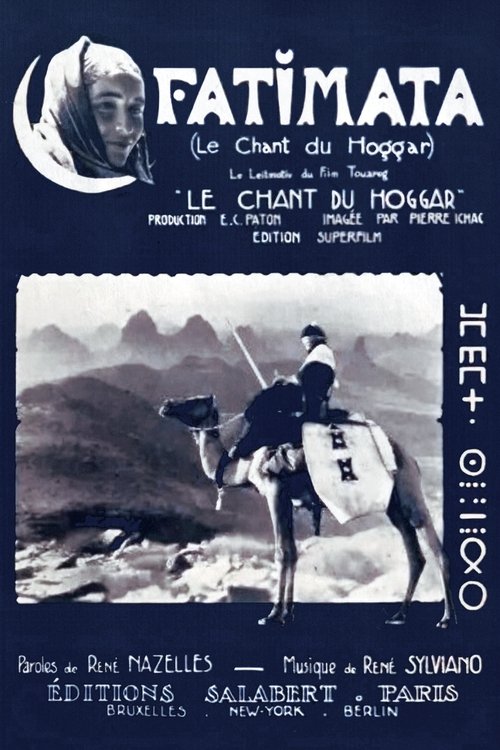
10.0
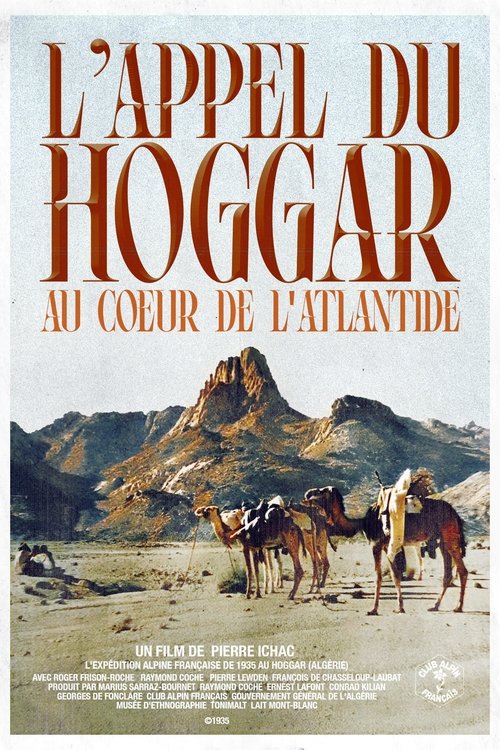
10.0
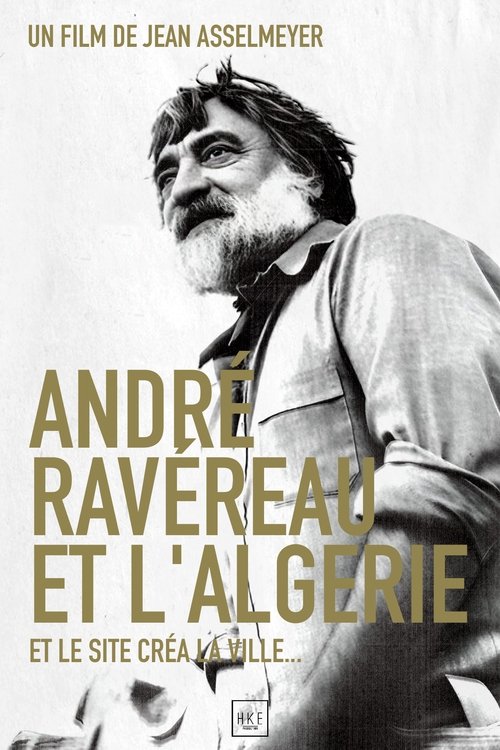
10.0
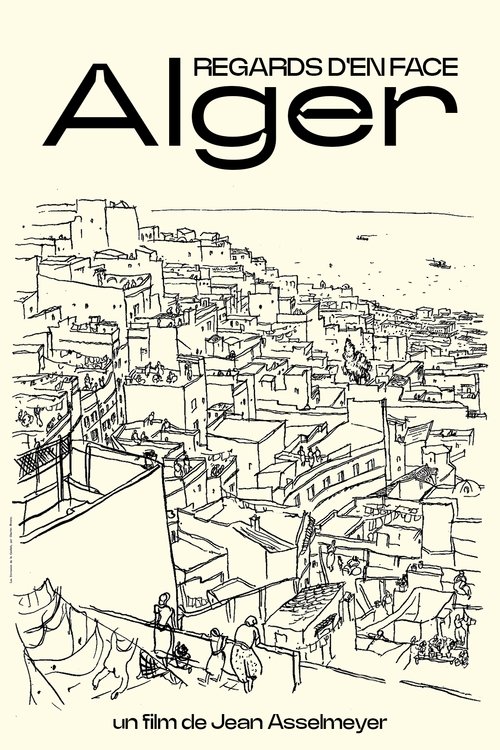
10.0

10.0
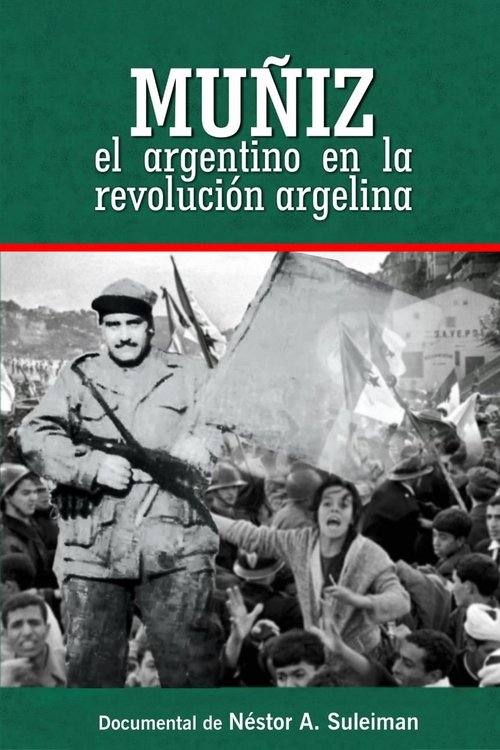
10.0
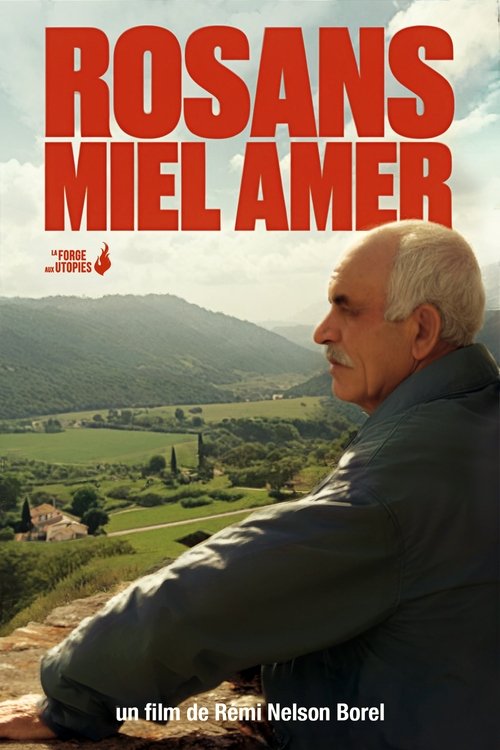
10.0

10.0

10.0

7.7
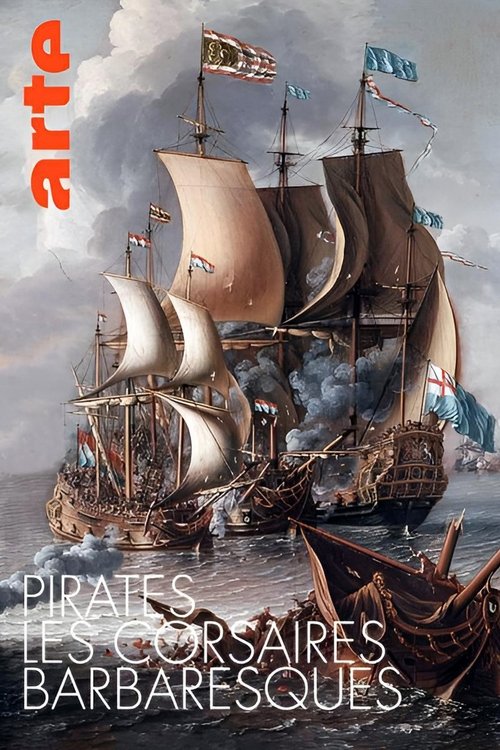
9.0
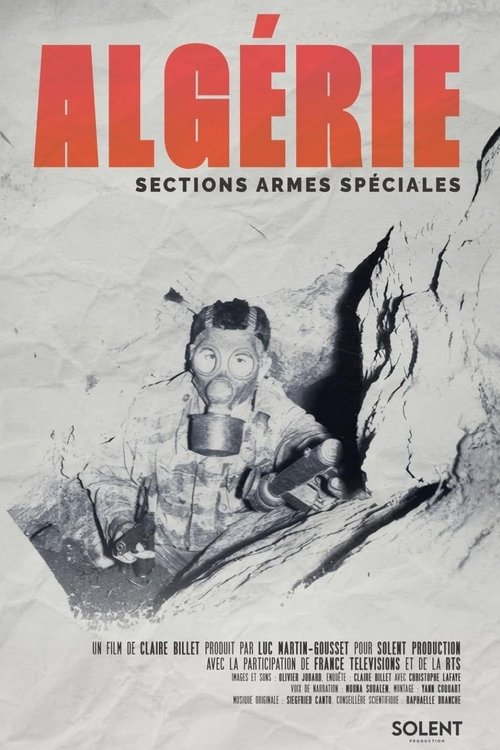
10.0

10.0

7.6

8.5

10.0
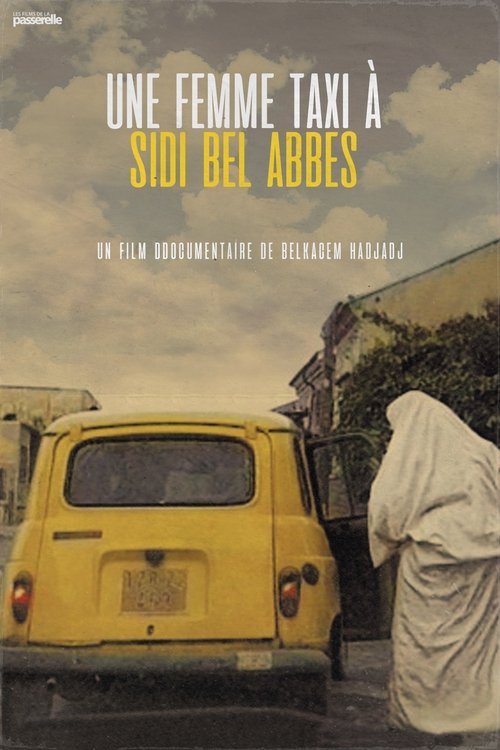
10.0

8.1

10.0
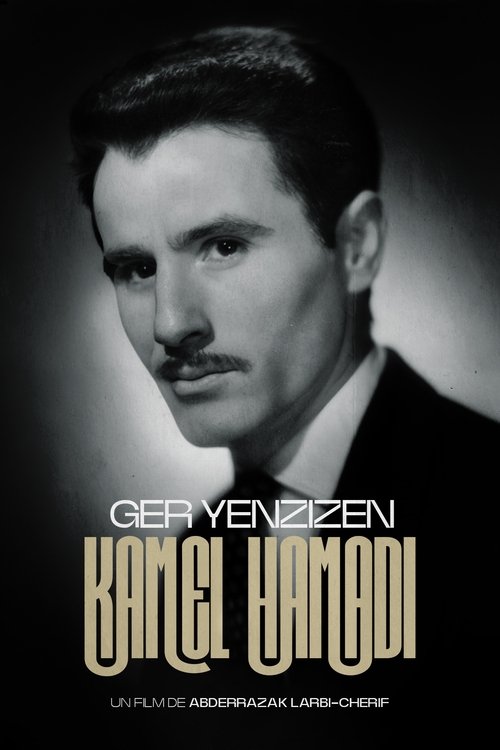
10.0
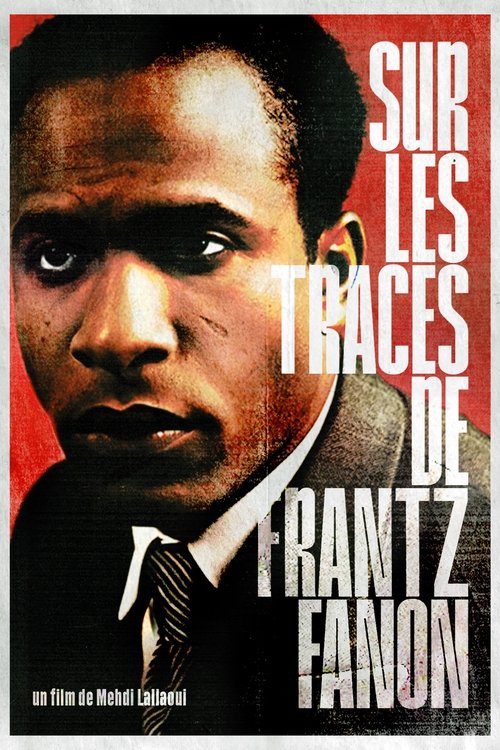
10.0
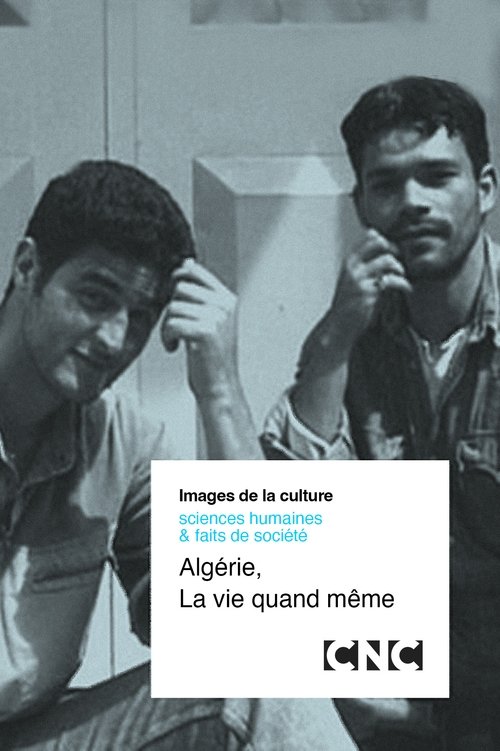
7.2
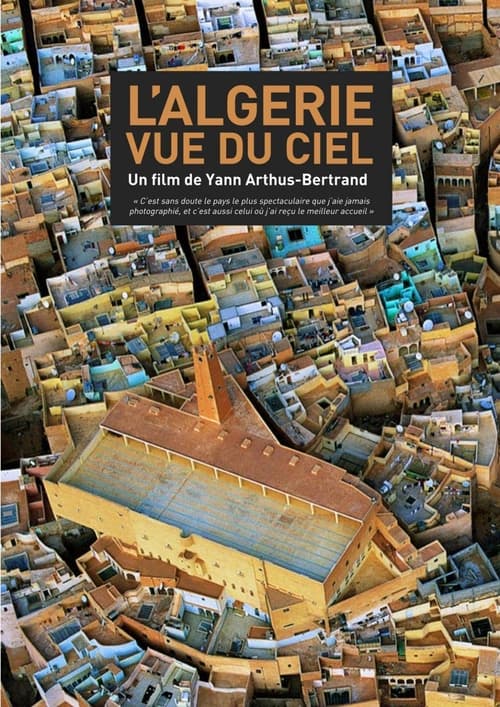
7.0
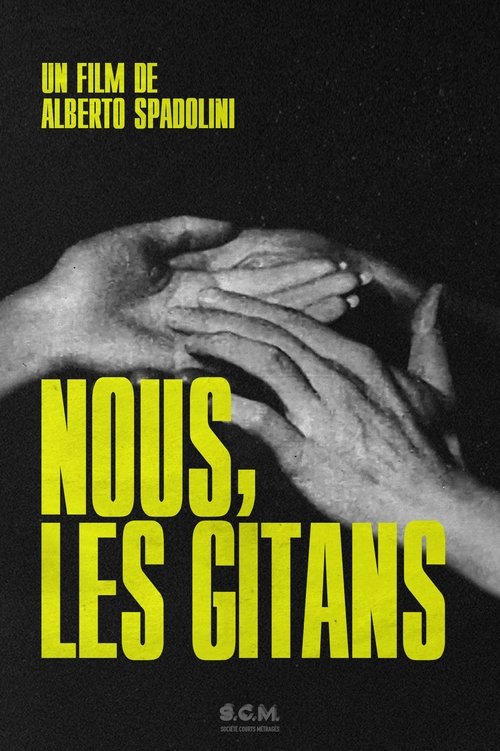
10.0

10.0
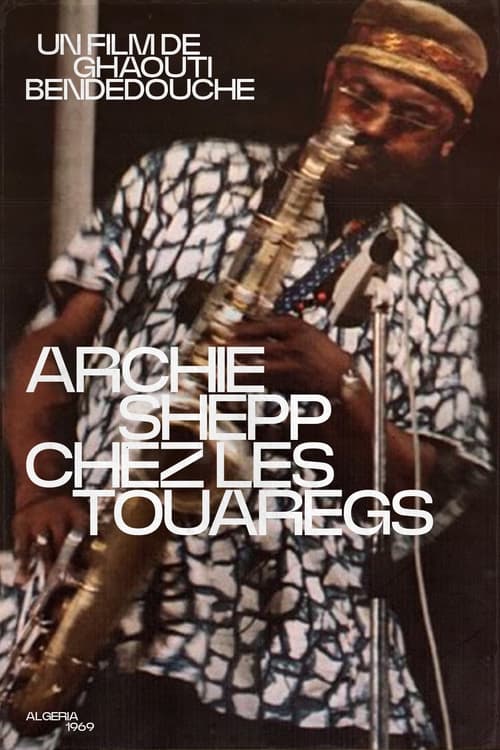
10.0

8.0
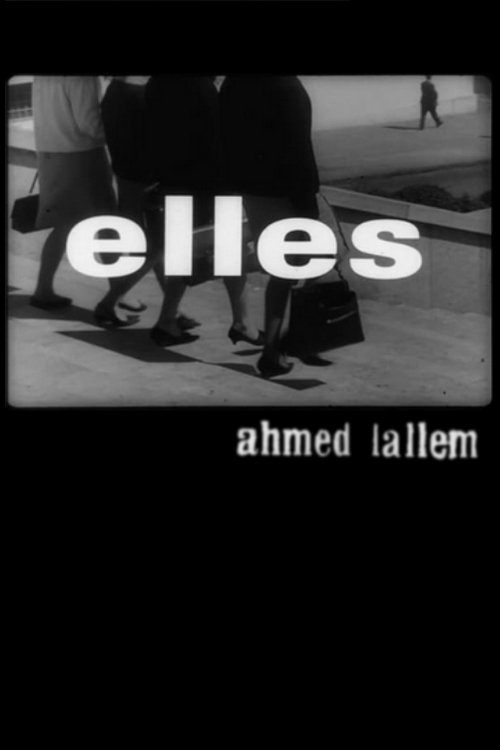
10.0
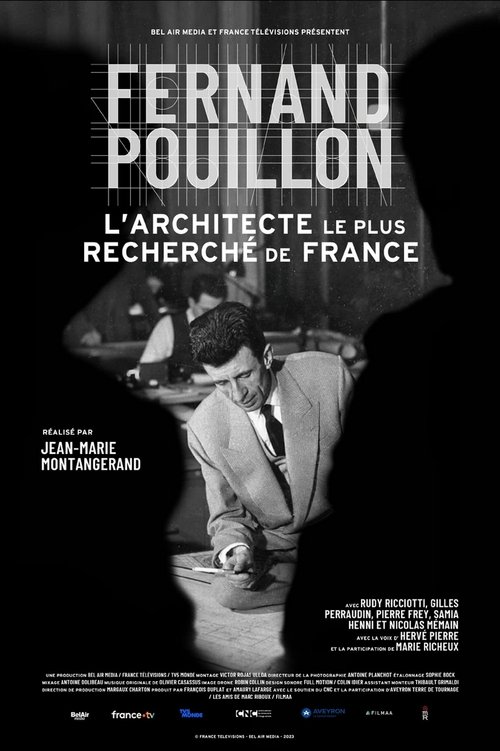
10.0
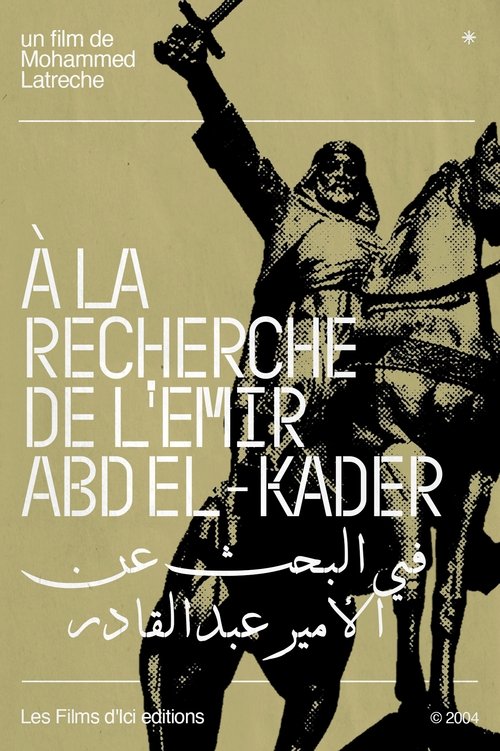
10.0
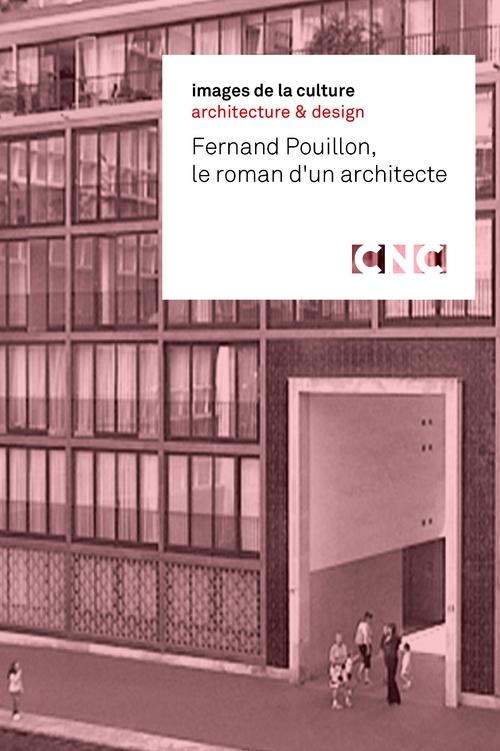
10.0
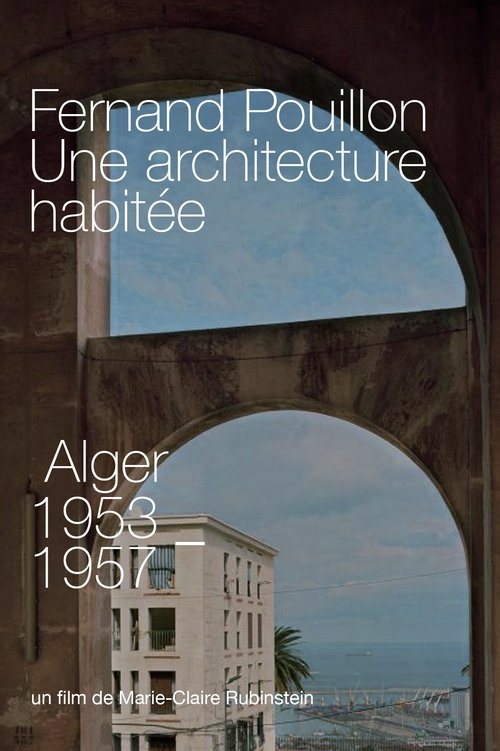
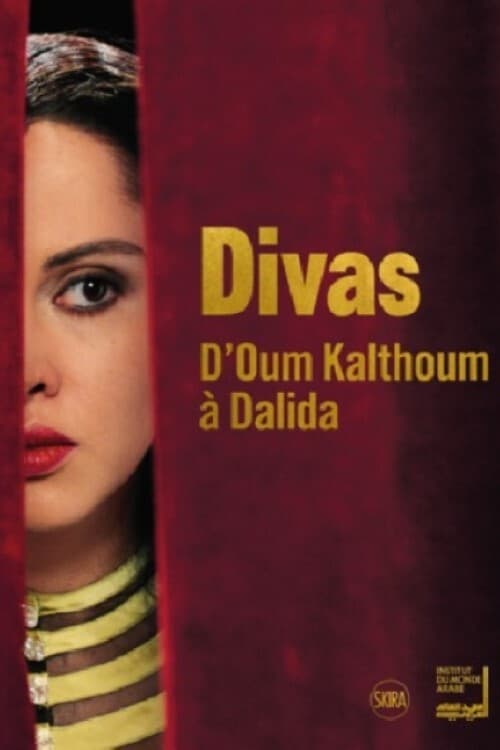
10.0
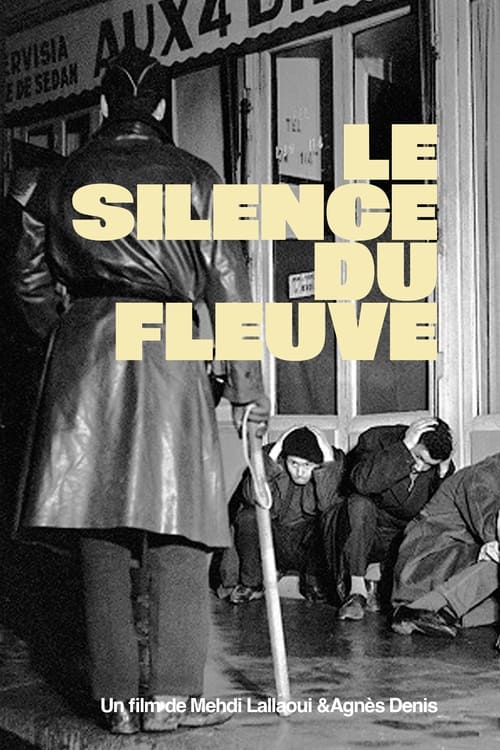
7.0
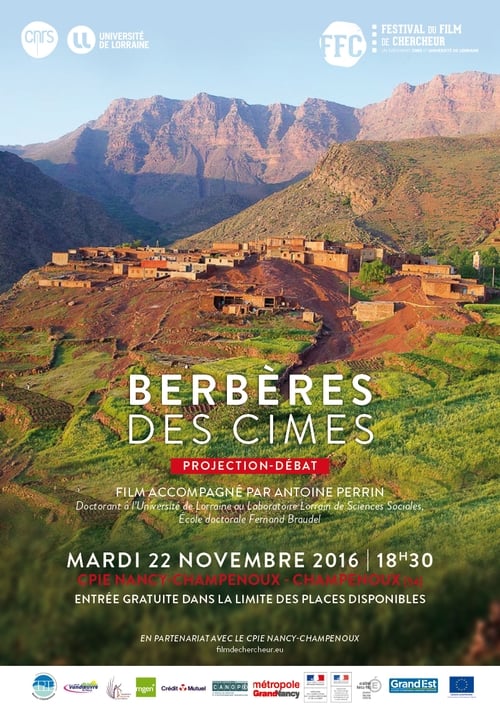
8.0
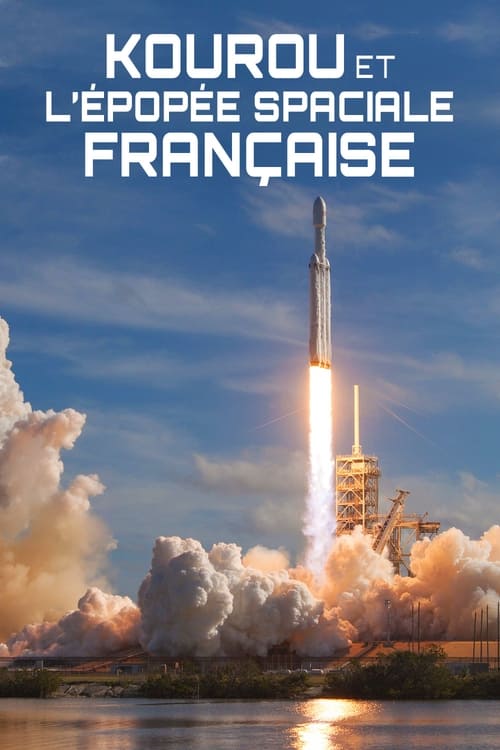
6.5
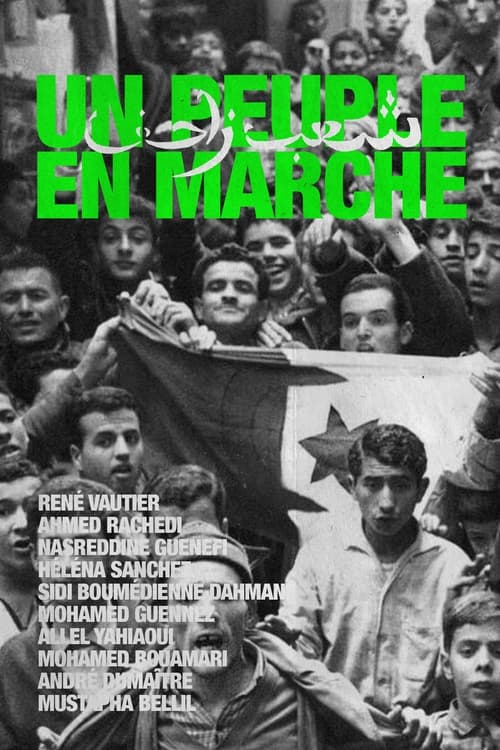
10.0
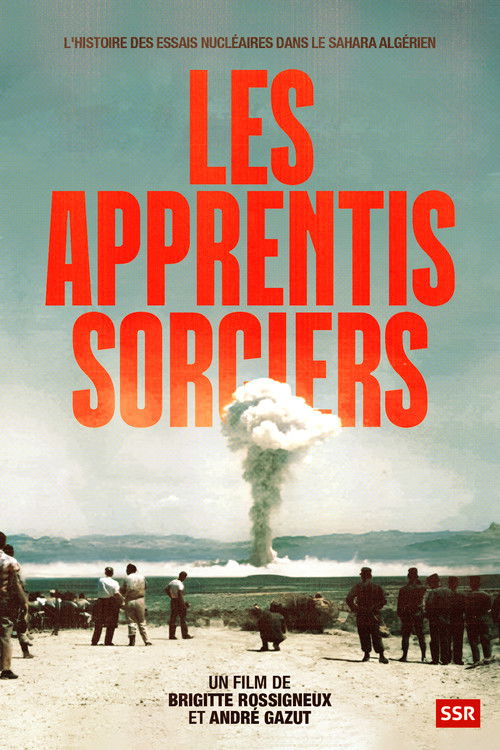
10.0
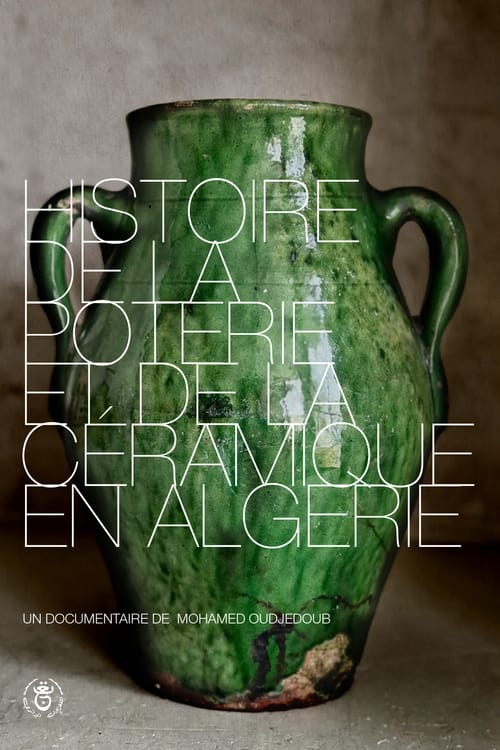
10.0
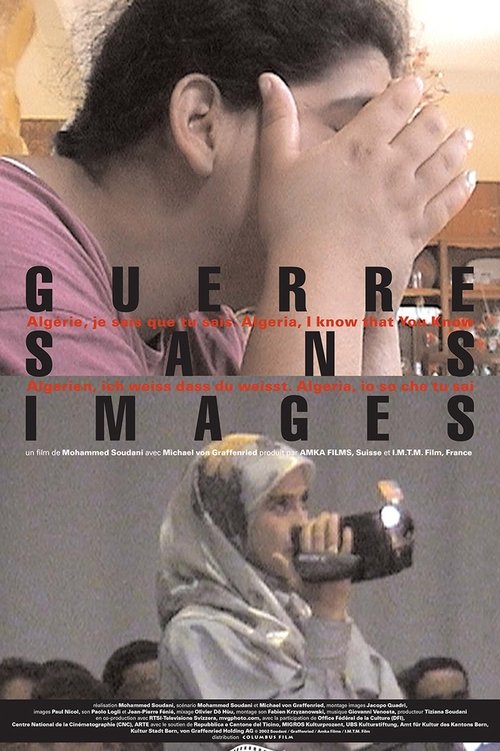
8.5
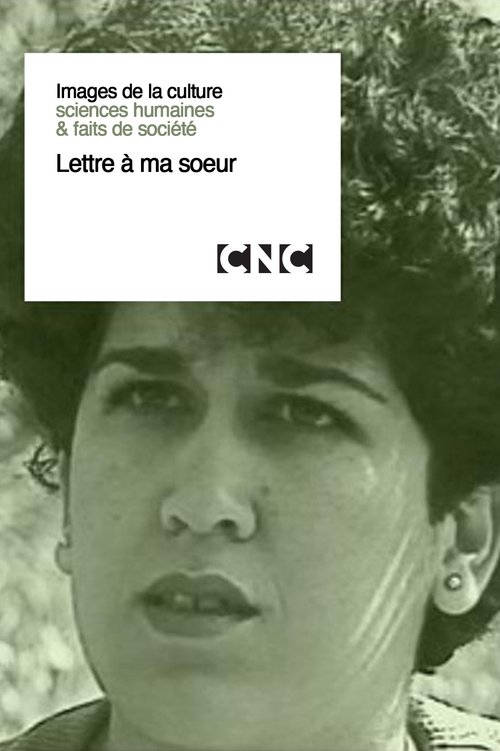
10.0
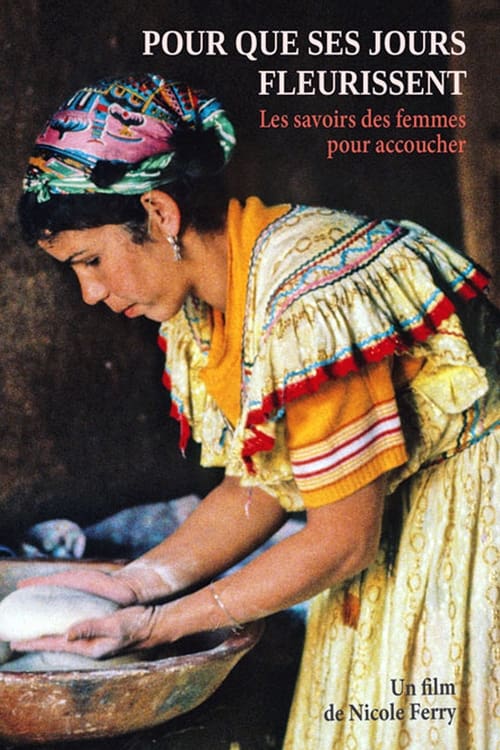
10.0
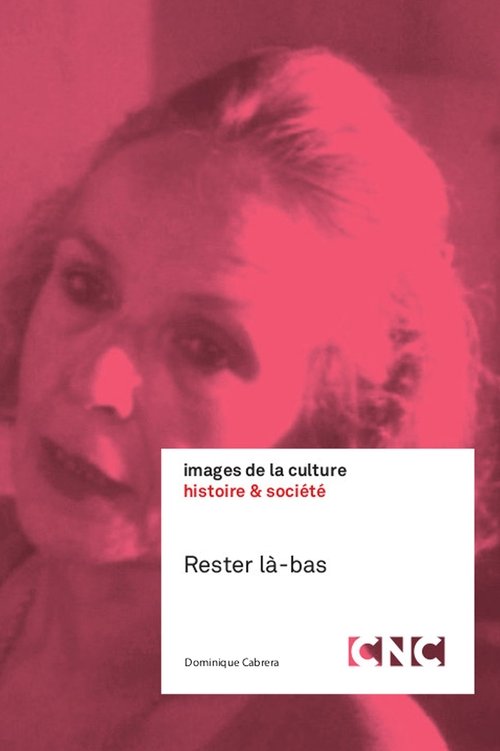
10.0
